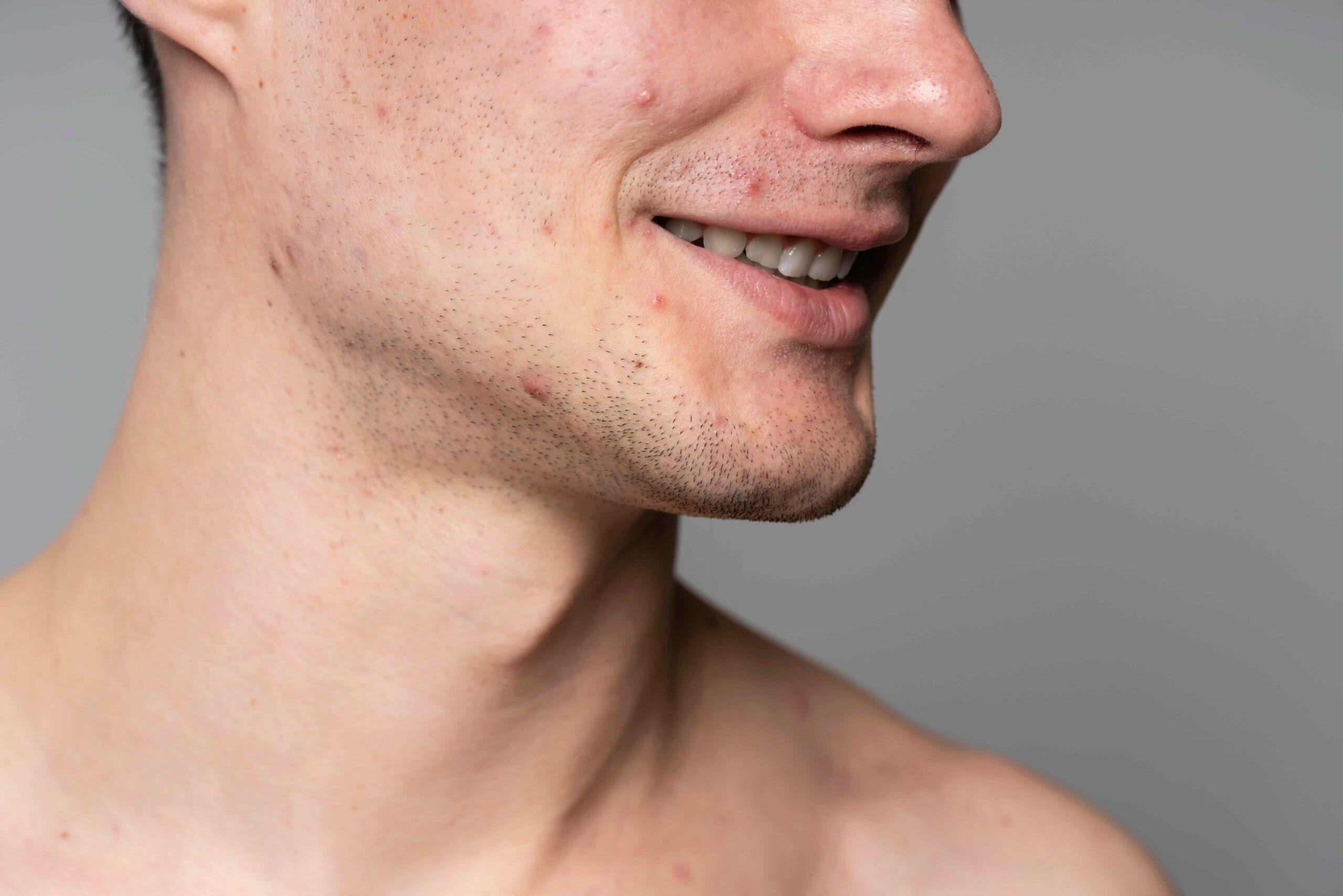The relationship between casein, a protein found in milk and dairy products, and acne is still a topic of debate and ongoing research.
Some studies have suggested a potential link between dairy consumption and acne, while others have not found a significant association.
It is important to note that individual responses to dietary factors can vary, and what may trigger acne for one person may not affect another.
The proposed mechanisms behind the potential relationship between casein and acne involve hormonal changes and the production of insulin-like growth factor 1 (IGF-1) in the body.
Additionally, dairy products, including milk containing casein, have a high glycemic load, which may also influence acne.
If you suspect that casein or dairy products are affecting your skin, it may be worth exploring an elimination diet or discussing your concerns with a healthcare professional or dermatologist.
They can provide personalized advice based on your specific circumstances and help determine if modifying your diet may be beneficial for your skin health.
Does casein help hair growth
Proteins, including casein, are important building blocks for the body, and a diet that lacks sufficient protein can potentially lead to hair loss or slower hair growth.
However, it is generally recommended to consume a well-balanced diet that includes a variety of protein sources rather than relying solely on one type of protein.
While casein contains essential amino acids that contribute to overall hair health, it is not a specific remedy for hair growth.
Other dietary factors, such as consuming adequate vitamins and minerals, maintaining hydration, and ensuring a balanced intake of nutrients, are important for supporting healthy hair growth.
If you are concerned about hair loss or slow hair growth, it’s advisable to consult a healthcare professional or a dermatologist who can provide personalized guidance based on your specific situation.
Does casein affect testosterone
While protein intake in general is important for maintaining optimal hormone levels, there is currently no scientific evidence to suggest that casein specifically influences testosterone production or metabolism.
However, it is worth noting that consuming an adequate amount of dietary protein, including casein, can support overall muscle development and recovery, which may indirectly impact hormone levels.
Proper nutrition, including a balanced diet with sufficient protein intake, can contribute to overall health and well-being, which in turn may positively influence hormone balance.
If you have concerns about your testosterone levels or any specific dietary effects, it is always advisable to consult with a healthcare professional or a registered dietitian who can provide personalized advice based on your individual circumstances.
Does casein help anxiety
Casein contains an amino acid called tryptophan, which is a precursor to serotonin, a neurotransmitter that plays a role in mood regulation.
Some studies have suggested that consuming tryptophan-rich foods or supplements could increase serotonin levels and potentially have a positive impact on mood and anxiety.
While diet can play a role in overall mental health, it is unlikely that casein alone would significantly alleviate anxiety symptoms.
If you are experiencing anxiety, it is recommended to seek professional help from a mental health expert, such as a psychologist or psychiatrist.
They can provide an accurate diagnosis and suggest evidence-based treatments tailored to your specific needs.

